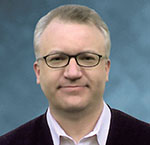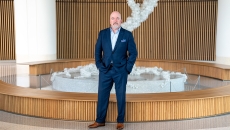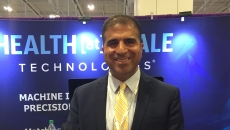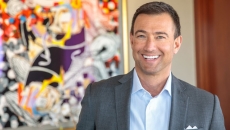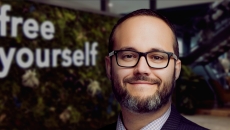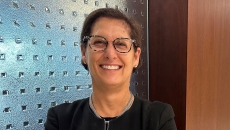Bill Siwicki
Technology, equity, workforce and policy are key, says Dr. Oscar Alleyne, managing director of the public health division inside the federally funded research and development center operated by MITRE.
A small but growing number of health systems have entity services staffed by a variety of these "mini" chief information officers. John P. Donohue, an EIO at Penn Medicine, offers a closer look at this emerging role, often staffed by hiring CIOs from small community hospitals.
At One Brooklyn Health System, tools such as the Brooklyn Health Equity Index survey are helping serve up valuable real-time insights to help develop training, policies and procedures that address racial disparities and social determinants.
With approximately 200 active peer reviewers at the health system, this significant transition has improved physician engagement and the overall process – and saved scores of hours per coordinator.
Dr. Mohammed Saeed from the University of Michigan Medical School discusses how the artificial intelligence tools can help improve provider practice patterns, potentially shielding patients from the harms of inappropriate or unnecessary care.
The CEO of Amwell, Cleveland Clinic's partner in the telehealth initiative, discusses how the organizations are expanding their virtual care and remote patient monitoring efforts and where they see telemedicine in five years.
By having deep conversations about artificial intelligence's capabilities and limitations, the nine-state health system hopes to help its clinical and IT leaders enable a more responsible path forward for AI deployments.
Health systems able to offer this will not only be better positioned to survive external pressures, says one artificial intelligence expert, but will also help set the bar for critical best practices for future patient-provider relationships.
Remote patient monitoring has helped the health system boost patient engagement, improve patient care quality through evidence-based therapies and reduce clinicians' workloads.
Dhruv Suyamprakasam, leader of a virtual healthcare company, discusses why he believes ChatGPT enhances productivity for providers of virtual and in-person care.
